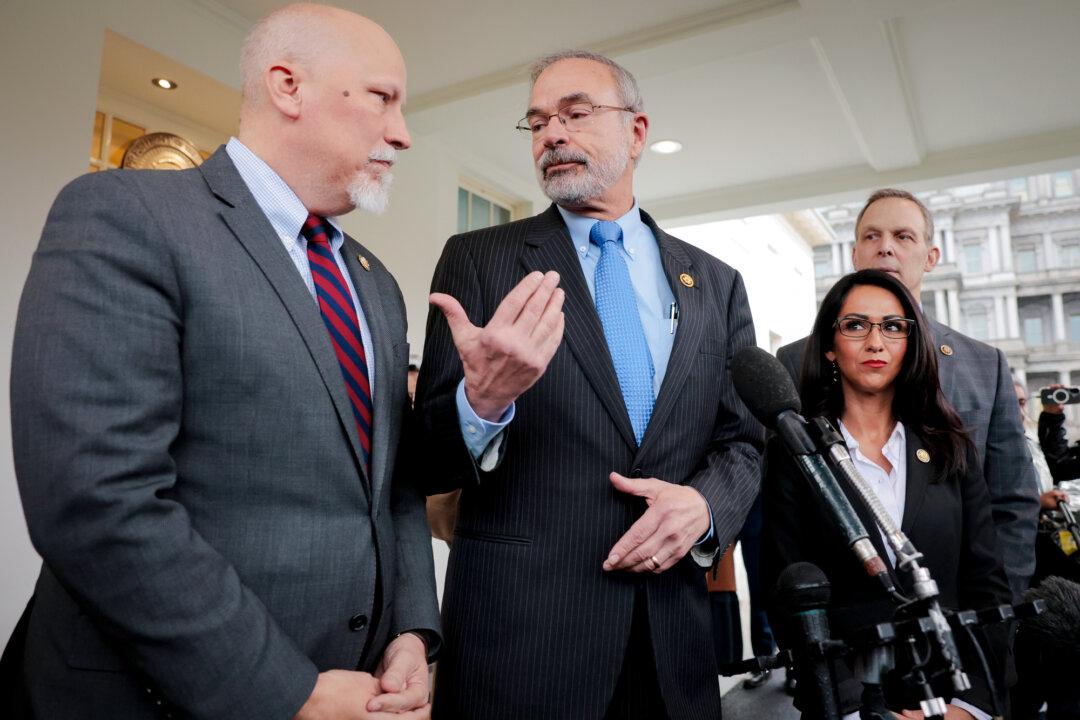Members of the House Freedom Caucus will meet President Donald Trump at 3 p.m. on May 21 to attempt finalization of the Republican megabill, which fiscal conservatives have slowed over objections to spending levels.
The meeting is at the president’s request, according to the caucus’s chairman, Rep. Andy Harris (R-Md.), and came a day after the chief executive met with House Republicans urging action on the bill.





